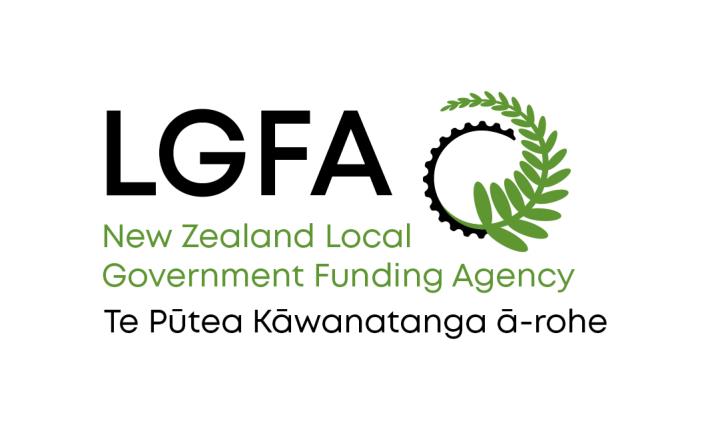
20 October 2023
Andrew Mitchell
[FYI request #24025 email]
Thank you for your follow-up question (dated 8 October 2023) to our response to you dated 15
September 2023 in relation to your requests for information made under the Local Government
Official Information and Meetings Act 1987. The following information is provided in response to
your follow-up question as set out below.
1. To clarify my question around a councils protection from other defaulting Guarantors
(question 4), and given clause 16.9(d) of the aforementioned deed, is there no limitation to
the continuance of the Demand to Non-Defaulting Guarantors, OTHER THAN those
specified in clause 3.4(a)-(d) where the Demand is a proportion of the Relevant Amount
based on a pro rate allocation of the rates revenue?
As stated in our letter dated 15 September 2023 in response to your question 4, when New
Zealand Local Government Funding Agency Limited ("
LGFA") borrows money, its obligations
are guaranteed by most of the local authorities who participate in the LGFA borrowing
structure (
LGFA Guarantee).
The LGFA Guarantee is made in favour of a Security Trustee who holds the guarantee for the
benefit of LGFA's lenders. The New Zealand Government does not guarantee LGFA. Local
authorities do not provide a guarantee of another local authority's debt.
LGFA's lenders can request the Security Trustee to make demand under the LGFA Guarantee
if LGFA defaults on its obligations. Any demand the Security Trustee makes under the LGFA
Guarantee must be made on a pro-rata basis according to guarantor's prior year's annual
rates revenues. If a guarantor fails to pay its pro-rata share of a demand under the LGFA
Guarantee, the Security Trustee will make further demands on the guarantors for payment of
the unpaid amount on a pro-rata basis until the outstanding amounts are paid in full. As
your follow-up question notes, clause 3.4 of the LGFA Guarantee sets out the mechanics for
making demand under the LGFA Guarantee.
Once the outstanding amounts demanded by the Security Trustee is paid in full, no further
demand can be made for that default.
Where a guarantor pays more under a demand than its pro rata share of the demand, that
guarantor has, subject to the terms of the LGFA Guarantee, the right to seek reimbursement
for that excess amount from the other guarantors so they do not ultimately pay more than
its pro rata share of a demand. This is set out in clause 3.5 of the LGFA Guarantee.
Regards
Mark Butcher
Chief Executive Officer
